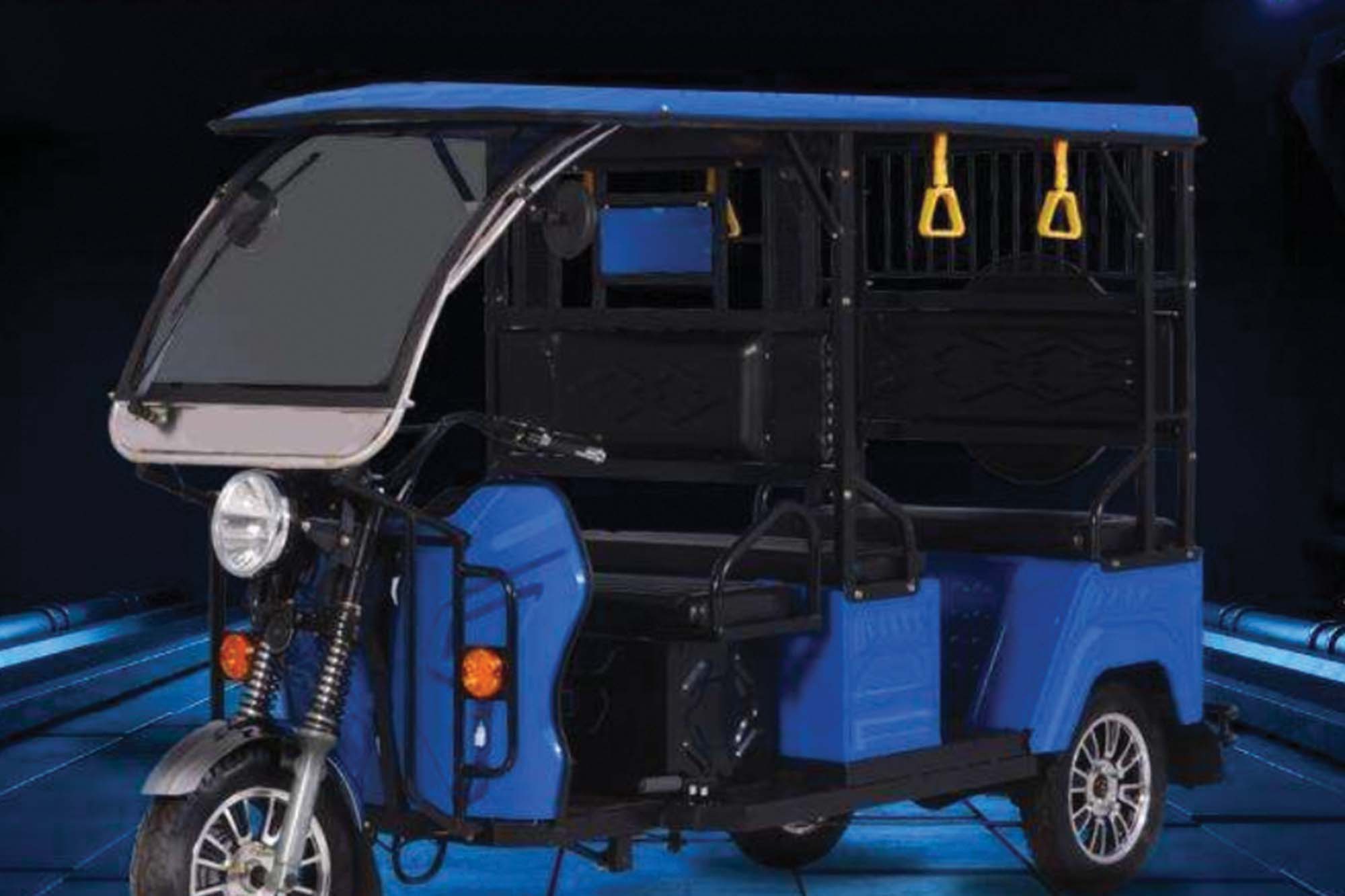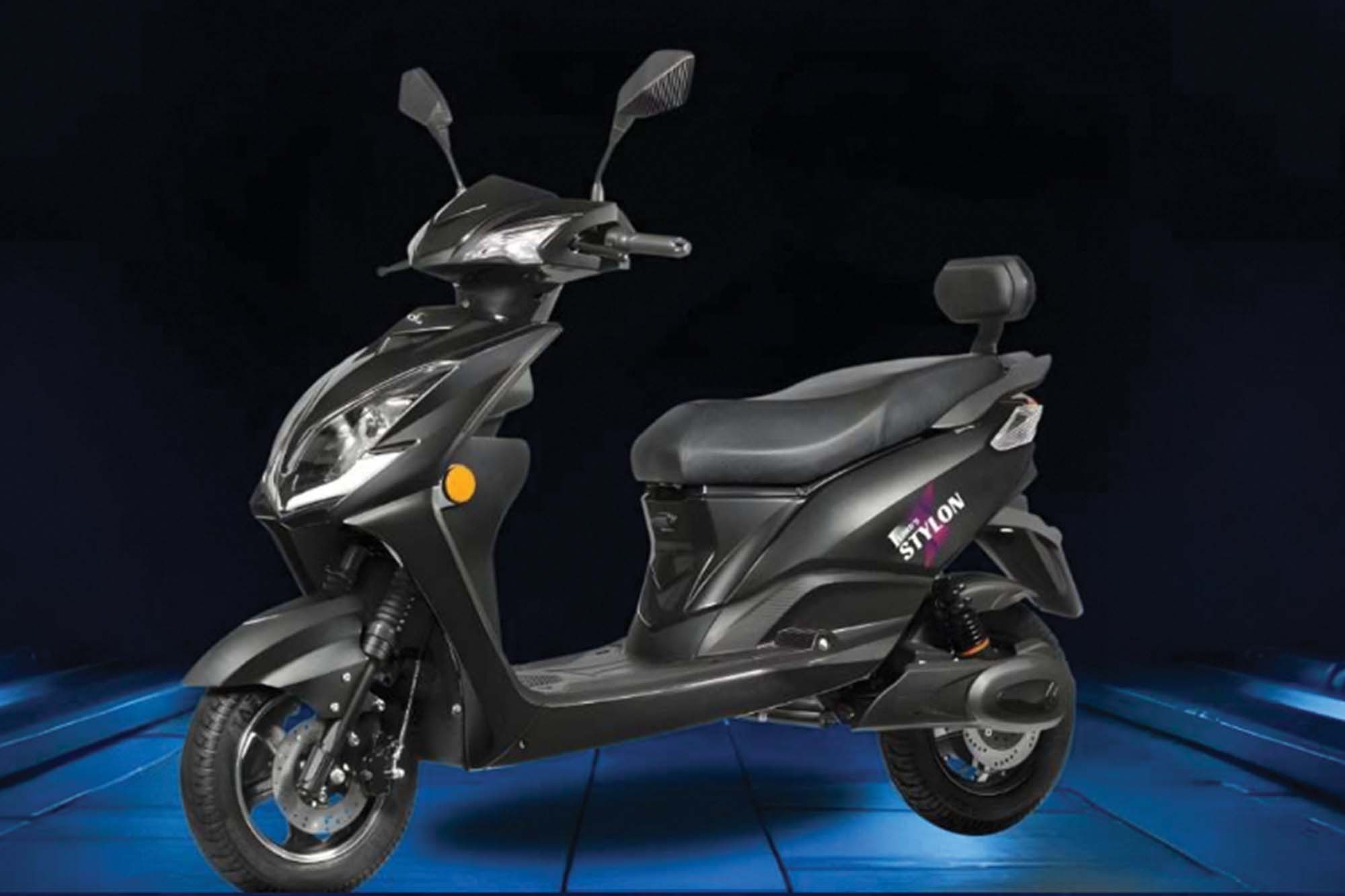Revving up automotive production
15-Jun-2024 3:36 pm
15-Jun-2024 3:36 pm

Many technologies are lucrative to take the enterprise to the next level. Veer Singh, CEO of Lord’s Automotive Pvt. Ltd., discusses how we can leverage these novel technologies to elevate Indian automotive manufacturers.
A multifaceted approach to cutting-edge technologies can enhance efficiency and reduce costs in the automotive sector. Technologies such as IoT sensors through production lines enable real-time data collection on equipment performance and product quality. Concurrently, Artificial Intelligence (AI) and Machine Learning (ML) algorithms can streamline resource allocation, scheduling, inventory management, and supply chain operations’ precision and responsiveness. Robotics and automation improve throughput and precision on the assembly line.
While these technologies unlock significant value, there are virtual simulations for workflows and test process improvements, additive manufacturing (3D printing) for rapid prototyping, and technologies that help reduce material waste in the automotive sector. Integration and how one derives the benefit are equally crucial with the multiple facets of technology.
Businesses can unlock a vast set of features and benefits when it comes to leveraging robotics for precise assembly and improved productivity. Organisations can integrate collaborative robots (cobots) alongside human workers for assembly tasks. Such cobots work safely alongside humans, scale up productivity by handling repetitive tasks, reducing errors, and improving overall efficiency on the assembly line.
Robotic vision or computer vision systems enable robots to recognise and precisely manipulate parts, ensuring accurate assembly-line productivity and downtime during rework. Many enterprises use robotic movements and assembly processes that rely on real-time data feedback. Such strategies streamline our manufacturing operations and elevate the quality and consistency of automotive products.

Qualitative engineering and research enabled us to launch two models quickly in the EV space. The Lords Prime offers a load-bearing capacity of 275 kilos, whereas the Lords Stylon offers a weight-bearing capacity of 200 kilos. Much research and design time was spent creating features such as fast charging times, improving range efficiency, enabling GPS features, etc. Other crucial areas include the software for autonomous driving systems, battery technologies, charging infrastructure, and even reinvigorating our supply chain efficiencies.
Many of these technologies, such as sustainability, appear very simple at first glance. Everyone talks about sustainability, but at Lords, we have re-engineered some of the processes to ensure a reduction in environmental impact. This approach has been continual. We continue to explore alternative ideas such as fuel options, lightweight materials, and even eco-friendly production methods.
Among the biggest challenges of scaling up processes in the manufacturing industry is the angle of cultural disruption. Addressing workforce skill gaps through training and upskilling programs is crucial for scaling up manufacturing operations. We can cultivate a skilled workforce capable of adapting to evolving production demands by investing in employee development initiatives focused on emerging technologies and best practices.
Fostering a culture of innovation and continuous improvement encourages employees to identify inefficiencies and propose solutions, driving operational excellence and facilitating scale-up efforts. Employees can make decisions by soliciting their input and providing autonomy within their roles, and their contributions must be recognised. This fosters a sense of ownership and accountability.
Encouraging open communication, constructive feedback, and opportunities for professional development makes employees take initiative and drive innovation within the organisation.
Collaborating with educational institutions and industry partners to develop training programs and apprenticeship opportunities can also help bridge skill gaps. Addressing the manufacturing challenges can help us scale up operations and maintain a competitive edge in the automotive industry.
Markets, technologies, and consumer preferences are evolving, requiring companies to remain agile and responsive to change. Failure to adapt can result in inefficiencies, missed opportunities, and stagnation or decline.
Indian brands such as Maruti, Bajaj, and Hero have had a dynamic approach. All of them changed their stance and approach periodically. We all know that at one time, Tata announced the most affordable car in India. But today, the market demand for it is non-existent. Consumers are now demanding electric vehicles, and tomorrow, that can alter the demand for Hydrogen-powered vehicles. Indian enterprises must innovate continually while keeping their hearts glued to the streets to exceed.

Promoting domestic manufacturing and incentivising investment encourages the growth of local industries. It also creates jobs and drives economic development. Localisation of production reduces the dependence on imports, enhances self-sufficiency, and strengthens the position in global supply chains. Additionally, the initiative aims to improve the ease of doing business, streamline regulatory processes, and support small and medium enterprises (SMEs), fostering a conducive environment for sustainable growth and competitiveness in the manufacturing sector.
We use cookies to personalize your experience. By continuing to visit this website you agree to our Terms & Conditions, Privacy Policy and Cookie Policy.
A PROMONIQUE RESEARCH INDIA INITIATIVE